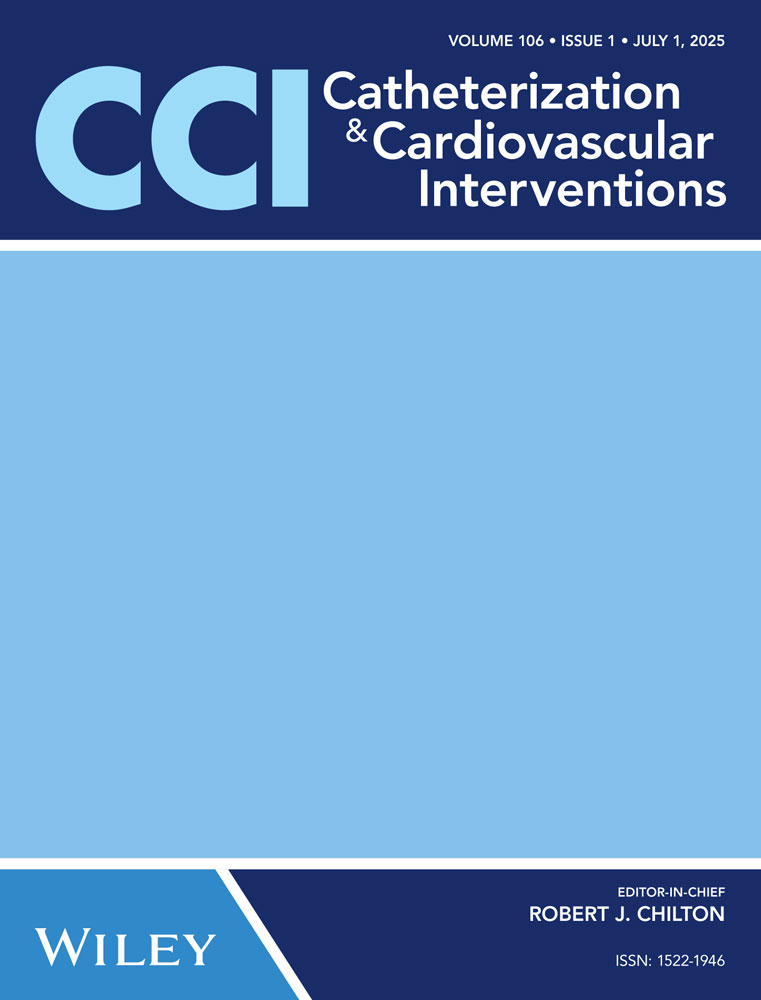Fasting Versus Non-Fasting Before Cardiac Catheterization: A Systematic Review and Meta-Analysis of Randomized Controlled Trials
ABSTRACT
Background
Current guidelines recommend routine fasting before cardiac catheterization under conscious sedation. However, data supporting this practice have been limited.
Aims
We aimed to compare the safety and patient well-being of a non-fasting strategy to standard fasting in patients who undergo heart catheterization procedures.
Methods
We conducted a meta-analysis of randomized studies comparing fasting versus non-fasting before cardiac catheterization. We systematically reviewed PubMed, Embase, and Cochrane databases until October 2024. We incorporated unpublished subgroup data from the previously published SCOFF Trial, exclusively on patients who underwent catheterization procedures.
Results
We included 7 RCTs comprising 3289 patients who underwent cardiac catheterization procedures. The pooled analysis demonstrated the non-inferiority of the non-fasting strategy, with no significant differences in the incidences of nausea/vomiting (RR 0.90; 95% CI 0.50−1.61; p = 0.72), hypoglycemia (RR 0.78; 95% CI 0.45−1.35, p = 0.38), acute kidney injury (RR 1.45; 95% CI 0.77−2.75, p = 0.251), and length of hospital stay (SMD 0.005, 95% CI −0.109 to 0.099, p = 0.92) compared to the fasting strategy. The non-fasting strategy was significantly associated with reduced rates of intraprocedural hypotension and showed a statistically significant improvement in overall patient satisfaction (SMD −0.749; 95% CI −1.26; −0.234, p = 0.004) when compared to the fasting strategy.
Conclusion
A non-fasting strategy before cardiac catheterization procedures is as safe as the standard fasting protocol and demonstrates a significant improvement of overall patient satisfaction. These findings support the consideration of non-fasting protocols as a patient-centered approach that maintains safety while enhancing the patient experience.
Conflicts of Interest
The authors declare no conflicts of interest.
Open Research
Data Availability Statement
They also take responsibility for the reliability and freedom from bias of the data presented and their discussed interpretation.




